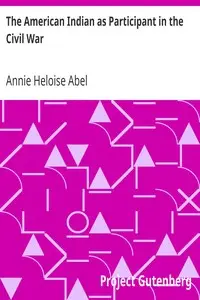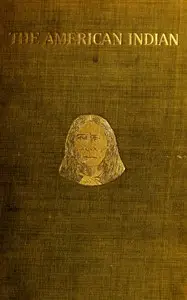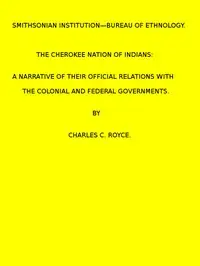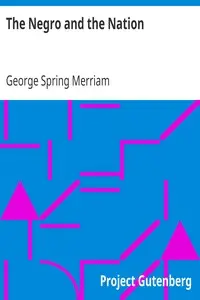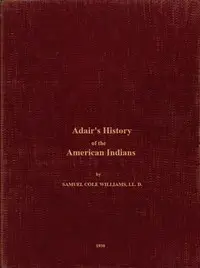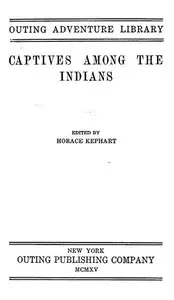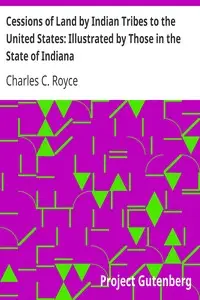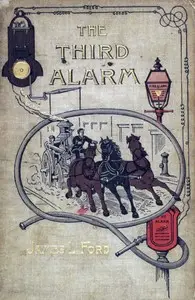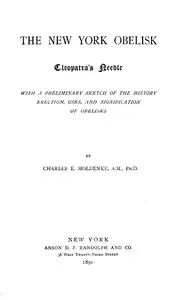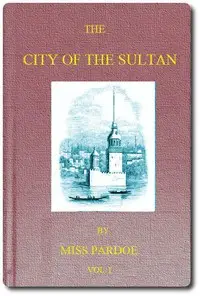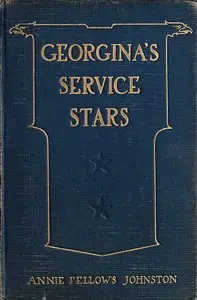"The American Indian as Slaveholder and Secessionist" by Annie Heloise Abel is a historical investigation that shines a light on the often-overlooked involvement of Native Americans in the Civil War, centering on their roles as slaveholders and secessionists. It challenges traditional understandings of the conflict by examining how various tribes, influenced by federal policies and relocations to Indian Territory, became strategically important to both the Confederacy and the Union. The book explains that many Native American tribes found themselves entangled in the growing tensions between the North and South, leading some to align with the Southern states due to their own slaveholding practices. It examines how factors such as internal divisions within the tribes and negotiations with federal and Confederate forces shaped their responses to the national crisis, altering the course of the war as a whole. This historical account uncovers a complex narrative that places Native American political allegiances and economic interests at the forefront of the Civil War conversation.
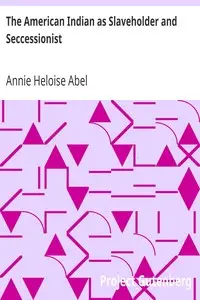
The American Indian as Slaveholder and Seccessionist An Omitted Chapter in the Diplomatic History of the Southern Confederacy
By Annie Heloise Abel
Discover the untold story of Native American tribes who held slaves and sided with the Confederacy during the Civil War, challenging everything you thought you knew about this era.
Summary
About the AuthorAnnie Heloise Abel was among the earliest professional historians to study Native Americans. She was one of the first thirty women in the United States to earn a PhD in history. One of the ablest historians of her day, Abel was an expert on the history of British and American Indian policies. As another historian has put it: "She was the first academically trained historian in the United States to consider the development of Indian-white relations and, although her focus was narrowly political and her methodology almost entirely archival-based, in this she was a pioneer."
Annie Heloise Abel was among the earliest professional historians to study Native Americans. She was one of the first thirty women in the United States to earn a PhD in history. One of the ablest historians of her day, Abel was an expert on the history of British and American Indian policies. As another historian has put it: "She was the first academically trained historian in the United States to consider the development of Indian-white relations and, although her focus was narrowly political and her methodology almost entirely archival-based, in this she was a pioneer."

